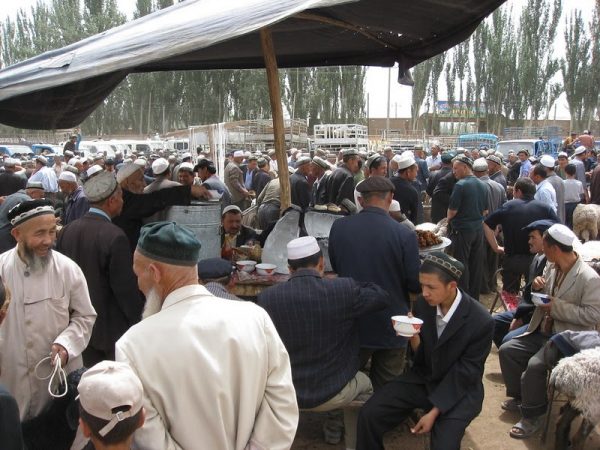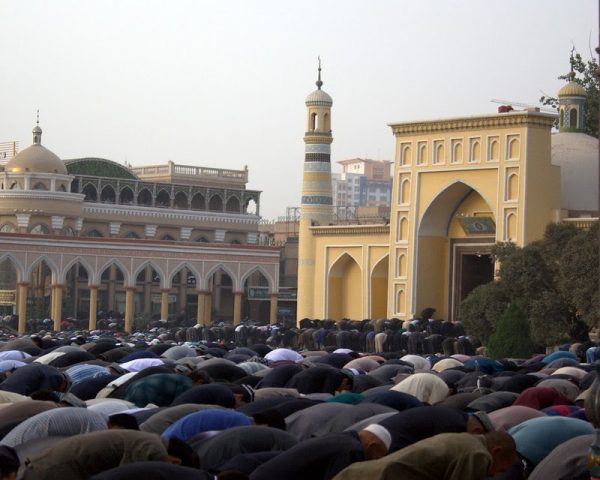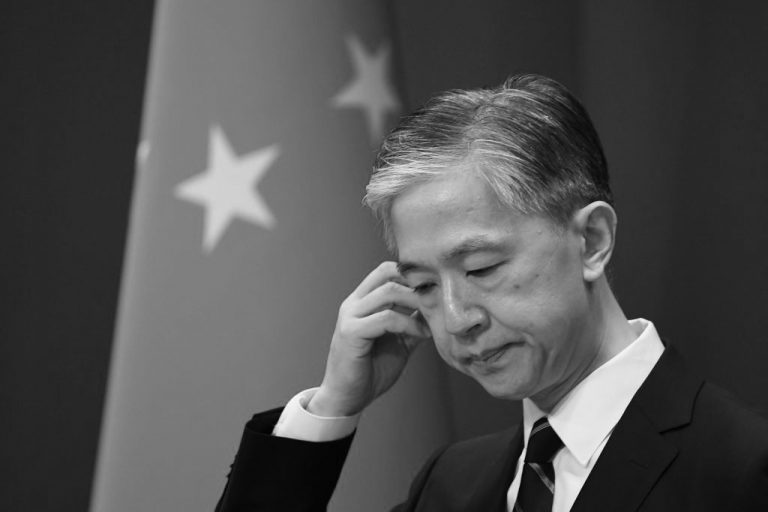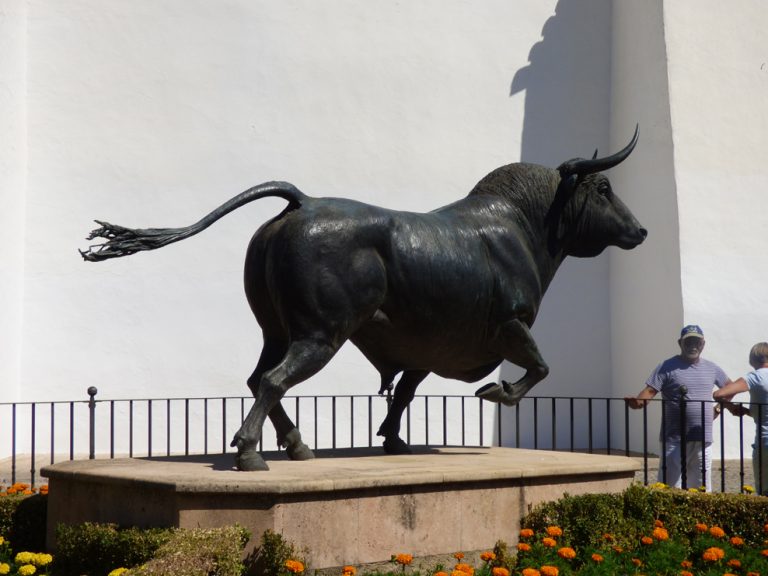As the Chinese Communist Party (CCP) has come under intense fire in recent weeks for its increasingly more obvious genocide of Uyghur Muslims in the Xinjiang Autonomous Region, Beijing has decided to escalate its coverup by launching a smear campaign against Uyghur women who have blown the whistle on the Party’s use of sexual violence.
In a Feb. 28 report by Reuters, the publication says “Chinese officials have named women, disclosed what they say is private medical data and information on the women’s fertility, and accused some of having affairs and one of having a sexually transmitted disease.”
“The officials said the information was evidence of bad character, invalidating the women’s accounts of abuse in Xinjiang.”
Smear campaign against Uyghur women whistleblowers
Reuters says Xu Guixiang, head of the Party’s Publicity Department in Xinjiang called the world’s coverage and condemnation of the Xinjiang genocide “some media’s disgusting acts,” saying “we have taken a series of measures” in response to the bad press China has been enduring as a result of their treatment of the Uyghur minority group.
The CCP put out “dozens of hours of presentations,” “hundreds of pages of literature,” and “interviews with experts,” according to Reuters, who reviewed all of the material.
Success
You are now signed up for our newsletter
Success
Check your email to complete sign up
Wang Wenbin, a Foreign Ministry spokesperson, during a press conference held up a photo of one of the women who stepped forward about the rape she suffered at the hands of the Party, and shamed the victim, claiming she had not mentioned the abuse in previous interviews. Wang also discussed the woman’s medical fertility history.
Another woman was labelled by Xinjiang officials as having syphilis and had her medical records publicly displayed.
A Party official from the Autonomous Region maligned another woman, saying, “Everyone knows about her inferior character. She’s lazy and likes comfort, her private life is chaotic, her neighbours say that she committed adultery while in China.”
On Feb. 25, Hua Chunying, a Foreign Ministry Spokesperson and “China government official” on Twitter posted an image of four of the witnesses who stepped forward, denigrating them as having “raked their brains for lies and acted as tools to serve certain countries’ motives to hurt #Xinjiang’s security&stability and contain #China’s development.”
One of the women denigrated in Hua’s post was Sayragul Sauytbay, who described to the BBC in a Feb. 2 article the case of a 20-year-old woman who was brought before a group of 100 detainees by CCP police and forced to give a confession, “After that, in front of everyone, the police took turns to rape her,” she said.
“While carrying out this test, they watched people closely and picked out anyone who resisted, clenched their fists, closed their eyes, or looked away, and took them for punishment,” said Sauytbay.
‘Nothing to do with terrorism’
“The fact that there are so many women in the camps…who don’t have the faintest appearance of being violent people, this just shows how this has nothing to do with terrorism,” James Millward, a professor of Chinese history at Georgetown University told Reuters.
Millward posited the CCP’s biggest concern about the women who had stepped forward to recount their experiences is because it debunks the Party’s propagandized justification for the genocide as being counter-terrorism.
The regime’s attempt to discredit the whistleblowers follows both the Trump and Biden Administration’s confirmation of genocide committed by the CCP against Uyghurs, as well as a unanimous resolution passed by Canada’s elected officials, sans Prime Minister Justin Trudeau and his Liberal cabinet, condemning the genocide at the end of February.
China’s Foreign Ministry told Reuters that complaints about the regime’s actions in Xinjiang were coming from so-called “anti-China forces” who “ignore facts and truth and wantonly fabricate all kinds of Xinjiang-related lies.” The CCP claims, “People of all ethnic groups in Xinjiang, including Xinjiang women, live and work in peace and contentment.”

Drone footage from the region was posted on Youtube in September of 2019 showing armed Chinese forces escorting dozens of non-Chinese males with shaved heads, wearing blindfolds and purple vests from a train where they were made to sit cross legged, head down in the sun before a portion are escorted on foot through a gate.
A 2019 report by The Guardian cited an expert from the Australian Strategic Policy Institute who confirmed the video was shot in the Xinjiang region using various landmarks and positioning of the sun in the video.
In July of 2020, the Jamestown Institute published a report by Dr. Adrien Zenz, a Senior Fellow at the Victims of Communism Memorial Foundation about the cratering birthrate in the region among the Uyghur population. Zenz found the CCP was using a campaign of forced sterilization and IUDs against the minority group, which caused the birthrate in one area of Xinjiang to fall by a staggering 84 percent between 2015 and 2018.
“Government documents bluntly mandate that birth control violations are punishable by extrajudicial internment in ‘training’ camps,” said Zenz in his report.

“Developing regional disparities between Uyghur and Han population change rates, the apparent impact of the internment drive, and an apparent campaign of mass sterilization in at least two Uyghur regions should give the global community major cause for concern.”
CCP state-run media China Daily published an article in response, complete with headline photo of mask-wearing Uyghur children playing in the sun, celebrating the change in Uyghur birthrate as a victory for feminism, claiming “extremism had incited people to resist family planning and its eradication had given Uygur women more autonomy when deciding whether to have children.”
“In the process of eradicating extremism, the minds of Uygur women were emancipated and gender equality and reproductive health were promoted, making them no long[er] baby-making machines,” said China Daily regarding a report published by a CCP organ justifying the persecution.















